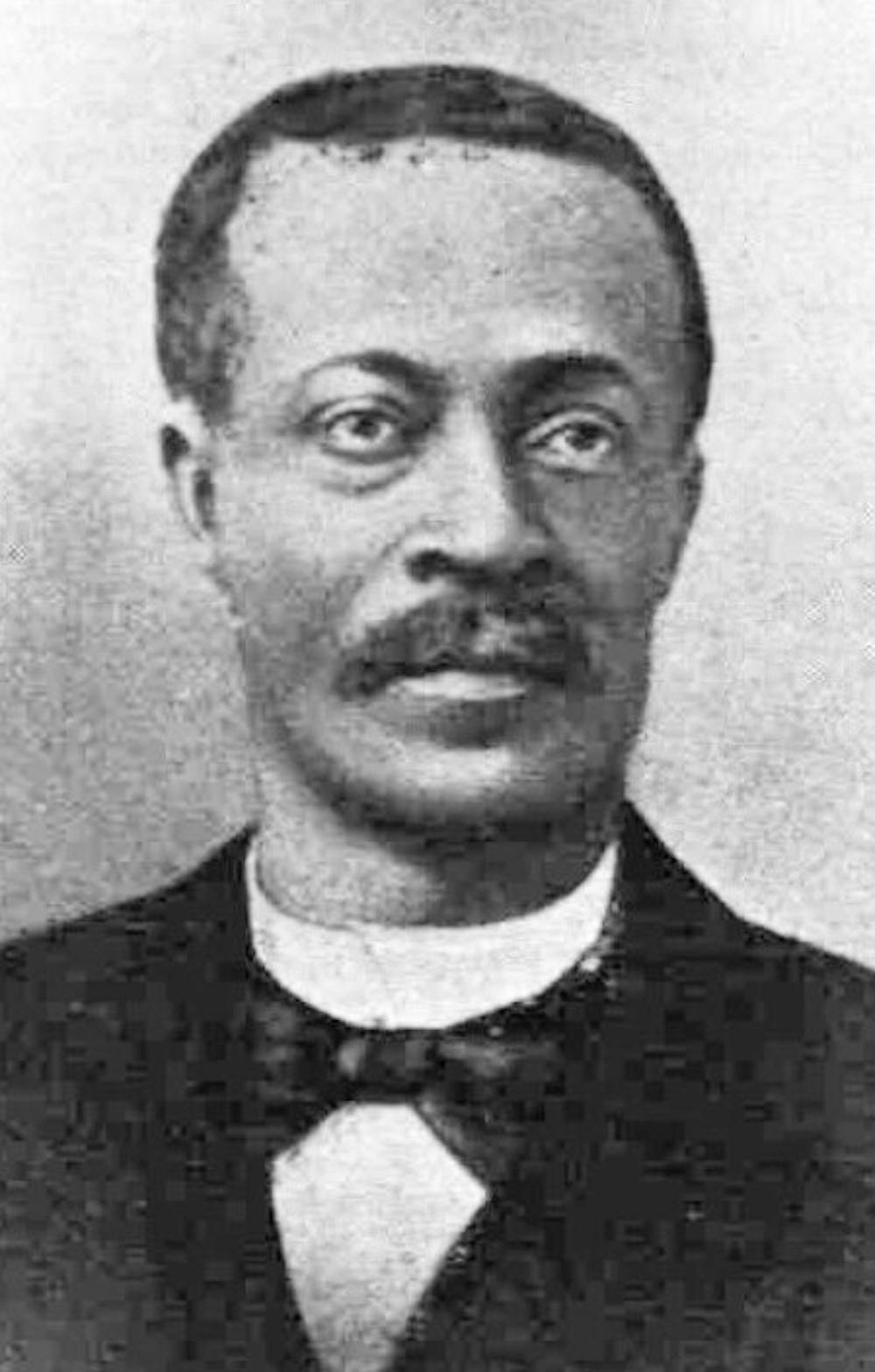In Florida public schools, it is required to teach students about the Civil Rights Movement as a part of African American History. Students learn about important figures like Josiah T. Walls, an African American man who held the role of U.S. Representative, and Ida B. Wells, a Black woman known for using her voice to advocate against lynching.
However, Matthew Lewey, an unknown name to most, is an important part of Florida’s history, said renowned author and historian Paul Ortiz.
Ortiz discovered Lewey while looking through the Frederick Douglass Papers at The Library of Congress.
“When I started reading about him, to be honest, I thought, ‘Is this guy real?’ He was just incredible,” Ortiz said.
Ortiz is a part of the Alachua Subcommittee of the Alachua County Community Remembrance Project (ACCRP), where he works alongside County Commissioner Charles Chestnut, a distant relative of Matthew Lewey.
Lewey served in the Civil War, graduated from Lincoln University and later attended Howard Law School.
In his lifetime, Lewey served as a justice of the peace, a Florida House representative, the first African American Florida newspaper editor, the president of the National Negro Press Association and helped The National Negro Business League forward with Booker T. Washington.
During the Civil War, it was a feat for a Black man to serve, as President Abraham Lincoln feared allowing African Americans to fight in the war would cause border states to secede.
Lewey served in the Civil War as a Color Guard Bearer for the 55th Regiment. Color Guard Bearers were the number one targets of enemy fighters, as they essentially directed the regiments, Ortiz said.
After fighting in The Battle of Honey Hill, Lewey’s wounds were so severe he was thought to be dead.
Andrew Jackson Smith, a Union soldier, received the Medal of Honor in 2001 for saving the regiment’s colors from a deceased Color Bearer in battle, according to The Congressional Medal of Honor Society.
The “killed” Color Bearer was Lewey. After recovering from his wounds at De Camp General Hospital in New York, he went on to become a justice of the peace, postmaster and later Mayor of Newnansville, commonly known today as the city of Alachua.
Already having enough accomplishments to fill a lifetime, Lewey continued to defy odds as an African American male in the time of prevalent slavery and founded The Gainesville Sentinel, which later became The Florida Sentinel.
During his time with the newspaper, he built Black businesses, advocated for civil rights and worked with people like Ida B. Wells.
“Why don’t our kids in K-12 learn about him from day one? Why don’t they learn about a person whose whole life personified service to his nation, a person who was a combat veteran, who sacrificed, who was literally run out of Gainesville by white people?” Paul Ortiz asked.
Ortiz and Chestnut collaborated on the ACCRP to spread awareness of Lewey’s historical importance and in doing so, proclaimed Dec. 18 Matthew Lewey Day in Alachua County.
In order to commemorate Lewey and his history, the city of Alachua will hold a yearly essay contest for students to know and understand the impact he had on today’s society, Chestnut said.
When Alachua County went through the Truth and Reconciliation process, a project to recall and repair history of racial injustices, the county commission rediscovered Lewey.
“That was unheard of in terms of the times. He had a lot of accomplishments here locally that we didn’t even know about,” Chestnut said.
Chestnut, the director of the ACCRP, has a distant familial connection with Lewey.
Because Gov. Ron Desantis has recently banned teaching certain aspects of African American history, knowing the history of those like Matthew Lewey is essential, Chestnut said.
“The governor has banned teaching African American history in the state of Florida, so it’s very important for folks to know our history and what role we had here in America,” Chestnut said.
Lewey’s role in African American history hasn’t been overlooked by Alachua County residents.
“What Matthew Lewey accomplished in one lifetime, I use the example of a doctor, lawyer or scientist, but Matthew Lewey he basically did all of that in one lifetime and more,” said NKwanda Jah, 70-year-old Gainesville resident and member of the remembrance committee.
At the Jan. 23 commission meeting declaring Matthew Lewey day, the remembrance committee asked if anyone in the room had heard of Lewey or his accomplishments. No hands were raised, Jah said.
“Five years ago I would have been sitting there just like you,” Jah said at the meeting. “Let’s learn from what he did. We can take where we are now, and look at where we were there, and we can figure out how to move forward. We can’t move forward unless we understand where we are.”
Contact Kairi Lowery at klowery@alligator.org. Follow her on X @kairiloweryy.
Kairi Lowery is a fourth-year journalism major and The Alligator's opinions editor. When she's not writing, you can find her lounging on the beach with a book or collecting vinyls.






